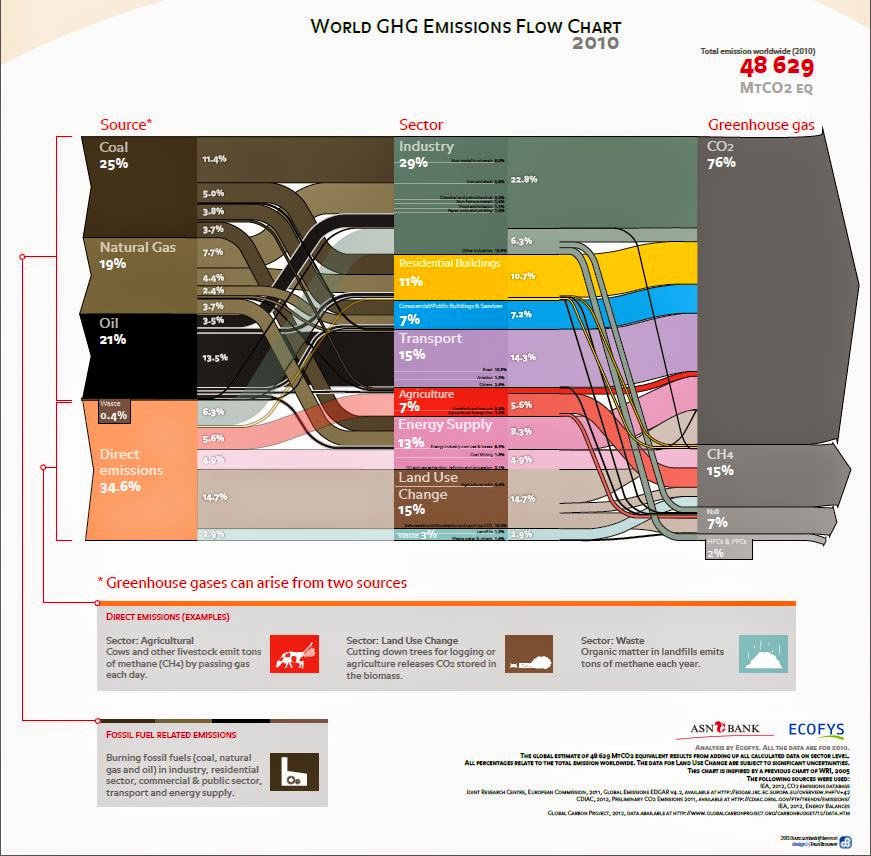Update (October 29, 2016): This year's report estimates an average loss of 58 percent since 1970.
Update (October 30, 2018): And the new report states a loss of 60 percent in just over 40 years.
Update (September 10, 2020): The Living Planet Report 2020 shows continued loss of wildlife.
The Living Planet Index (LPI), managed by the Zoological Society of London (ZSL) in partnership with WWF, tracks the abundance of 20,811 populations of 4,392 species across the globe. The latest version of WWF's flagship publication reveals that the LPI "shows an average 68% decrease in population sizes of mammals, birds, amphibians, reptiles, and fish between 1970 and 2016."
Update (September 13, 2020): Matthew Rozsa quotes Jeff Opperman about the WWF report:
Our planet is sending alarm signals between recent wildfires, the COVID-19 pandemic, and other extreme weather events. We're seeing our broken relationship with nature play out in our own backyards. The steep global decline of wildlife populations is a key indicator that ecosystems are in peril.
Update (September 23, 2020): Robert Hunziker also discusses the WWF report.
These warnings of impending loss of ecosystems, and by extension survival of Homo sapiens, depict a biosphere on a hot seat never before seen throughout human history. In fact, there is no time in recorded history that compares to the dangers immediately ahead. The most common watchword used by scientists is "unprecedented".






